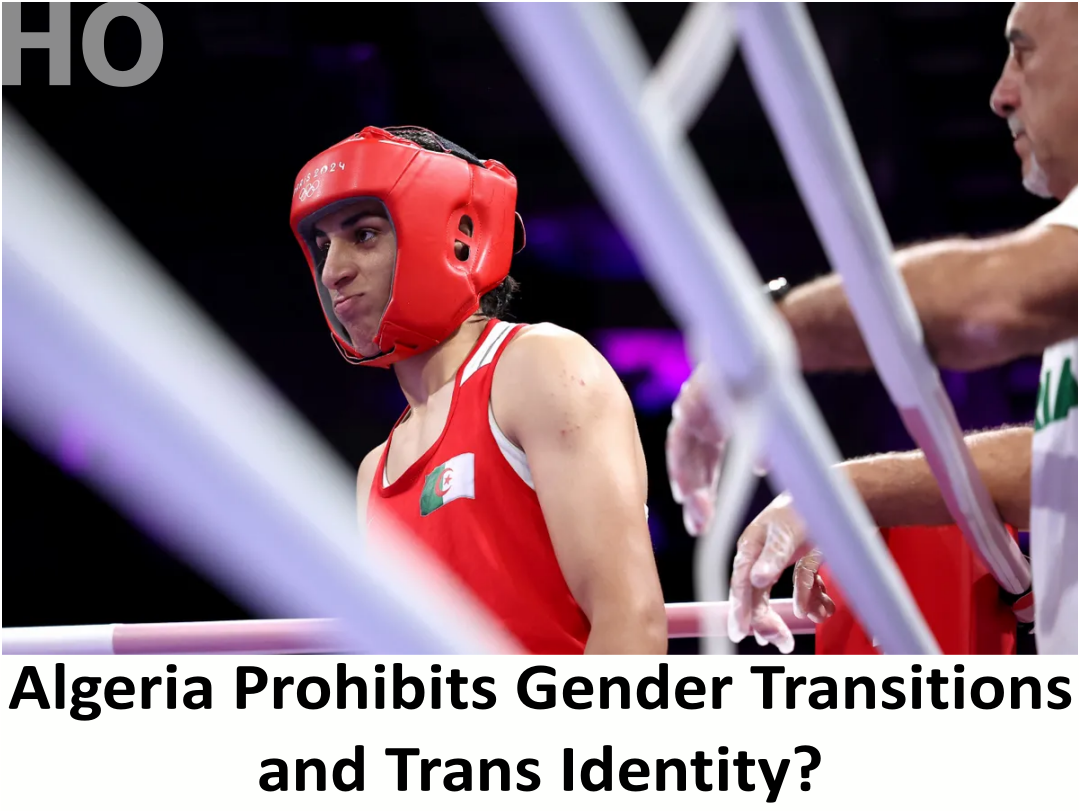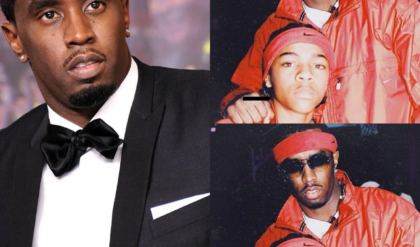“In Algeria, the country that Khelif represents, transgender identity is prohibited,” one X user claimed, referring to an Olympic boxer.
Algeria prohibits being transgender or undergoing gender-affirming treatment such as a medical or surgical transition.
As people sought to debunk the false rumor in August 2024 that Olympic boxer Imane Khalif, from Algeria, was a trans woman, some claimed she couldn’t be trans because her country bans medical and surgical care designed to affirm someone’s gender identity. Some social media users said transgender people were “prohibited” in the nation (archived):
This post, which had been viewed 8.3 million times as of this writing, had also received more than 42,000 likes and 6,000 reposts. The same claim appeared elsewhere on X, in the comments on a Reddit post and on Instagram.
The claim is true. In Algeria, LGBTQ+ people do not receive protections, homosexuality is treated as a crime and widely debunked “conversion therapies” to supposedly change people’s orientations are legal. The law does not allow people to change their gender on their official identity documents, let alone medically or surgically.
We confirmed this information using the database of the International Lesbian, Gay, Bisexual, Trans and Intersex Association (ILGA), an LGBTQ+ rights organization that has consultative status at the United Nations. Non-governmental organizations with this status can attend and speak at U.N. meetings and meetings of the U.N. Human Rights Council.
ILGA keeps a database on the rights of LGBTQ+ people in all 193 U.N. member countries and 47 other jurisdictions. According to the group, Algeria passed an amendment in 1966 prohibiting homosexuality. The law includes no allowance for same-sex marriage, no prohibitions against interventions on intersex minors and no prohibition against conversion therapy. It does not permit self-identification, the process by which a trans person can officially change gender before the authorities. By extension, it does not allow gender-affirming surgery, either.
It goes even further, by prohibiting any speech that might acknowledge or promote the existence of people with different gender identities or sexual orientations. It mandates that the media adhere to the principles of Islam, the country’s official religion — to which it considers sexual and gender diversity contrary. Algerian authorities still enforced these laws in 2024. For example, a 2023 ILGA report listed several arrests and prosecutions of people involved in activities linked to these prohibitions. In 2020, 44 people were arrested for attending a “gay wedding.”
It is true that if Khelif were trans, she would not have been able to have her chosen identity recognized and affirmed in her country of origin. But as we’ve reported, Khelif is indeed biologically female and a cis woman.

News
Cardi B surprised her 170 million followers with her bold action during a livestream, showing off her breasts to celebrate the release of her new music video! – S
While livestreaming on her personal page with nearly 170 million followers, female singer and rapper Cardi B suddenly opened her shirt to show off her bust because she was excited about the release of her new MV. At a livestream on…
Chrisean Rock Finally “Breaks Silence” On Cardi B’s Cheating Claims With Offset – S
In this jaw-dropping update, Chrisean Rock spills the tea on the recent scandal involving her and Cardi B’s ex, Offset. Things are about to heat up as she addresses Blueface’s cheating allegations, leaving fans on the edge of their…
Cardi B and Offset turned up the sexy heat as they enjoyed his “Set It Off” album release party in Miami. – S
Cardi B and Offset create a sexy vibe as they party the night away at his Set It Off album release party in Miami Cardi B and Offset created a sexy tone as they partied the night away in Miami Friday. The couple…
Irrefutable video evidence has been discovered of Offset having a relationship with Chrisean Rock, as the two are seen kissing each other in public: The truth is shocking! – S
After confirming her breakup from Offset during an Instagram Live on Sunday amid rumors he cheated on her with Chrisean Rock (which he has denied), the WAP star returned to the ‘gram on Friday with a heartbreaking, rage-induced rant! In the stream, which was captured and reposted by various outlets,…
Cardi B just shocked the world when she revealed on live TV that “Blue Ivy is p.r.e.g.n.a.n.t!” and didn’t forget to send a surprise congratulation. What’s going on? – S
In a shocking twist that has the internet buzzing, Cardi B set social media on fire after claiming that Blue Ivy, the daughter of Beyoncé and Jay-Z, is pregnant! The unexpected announcement came during a live TV interview when Cardi…
Cardi B Dragged Into Nicki Minaj and Megan Thee Stallion Beef As Social Media Reacts To “Hiss” – S
The Ongoing Feud: Cardi B, Megan Thee Stallion, and Nicki Minaj The hip-hop landscape is buzzing with tension as the feud between Megan Thee Stallion and Nicki Minaj intensifies. In the center of this storm is Cardi B, a fierce…
End of content
No more pages to load











